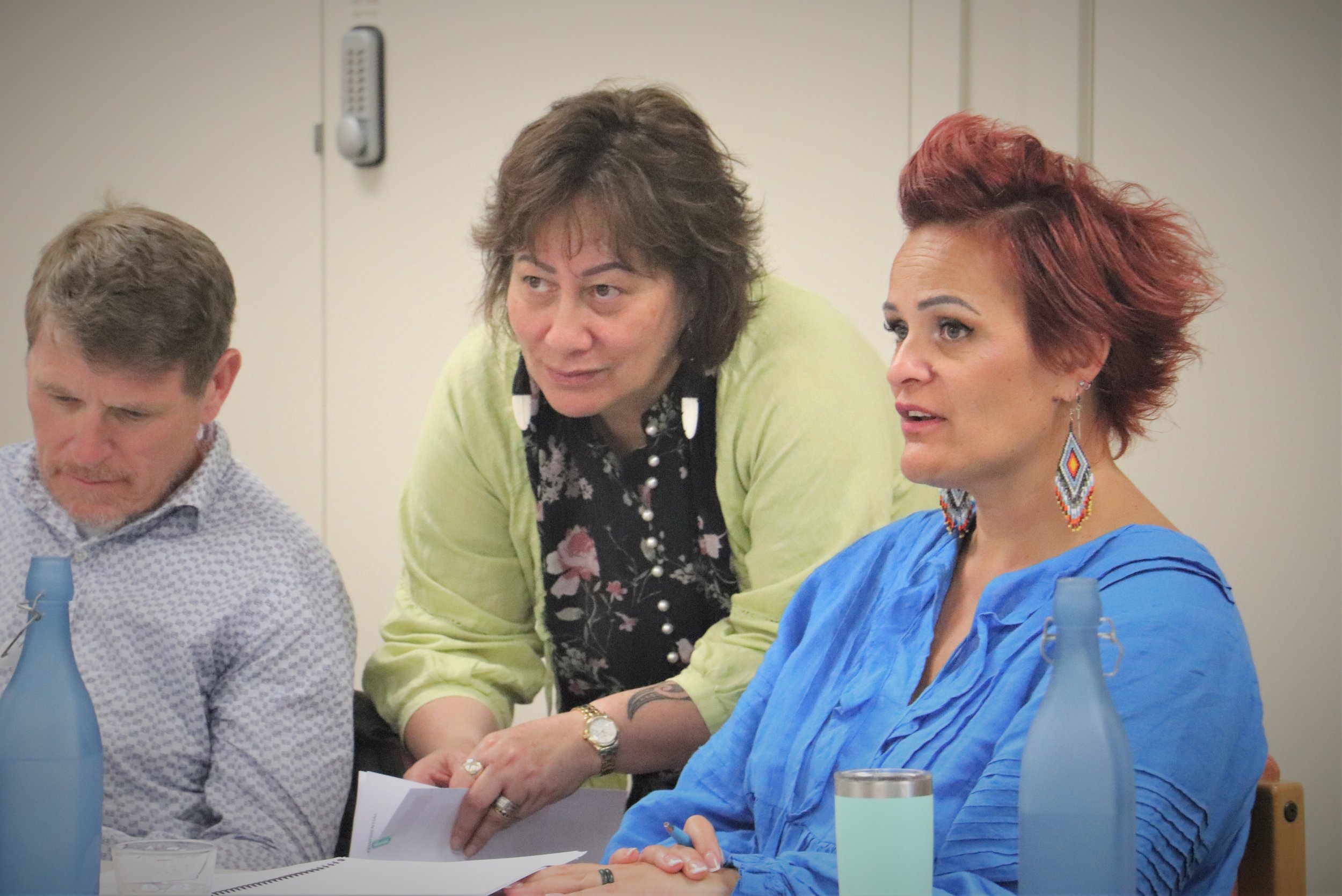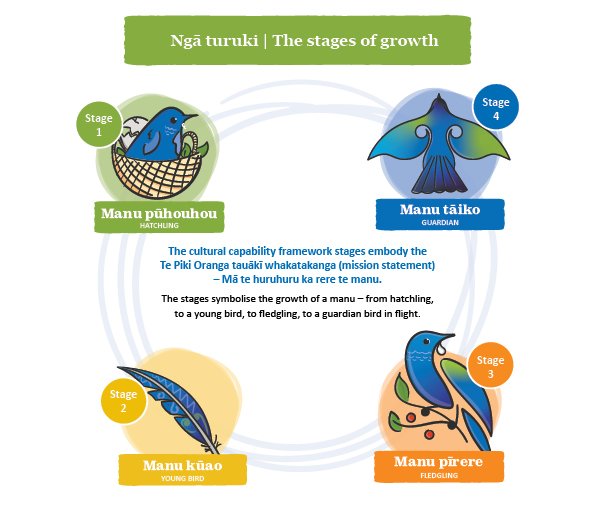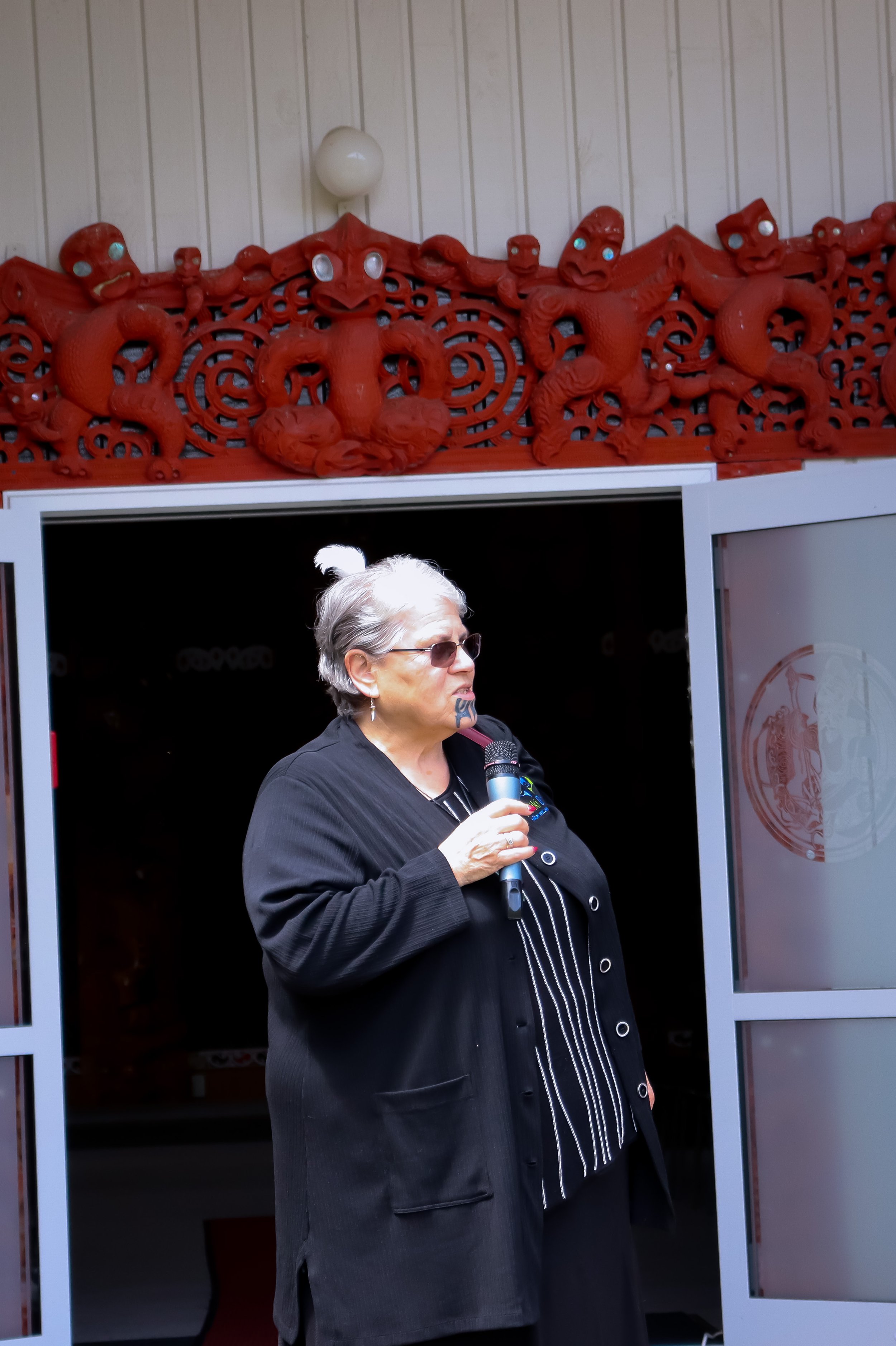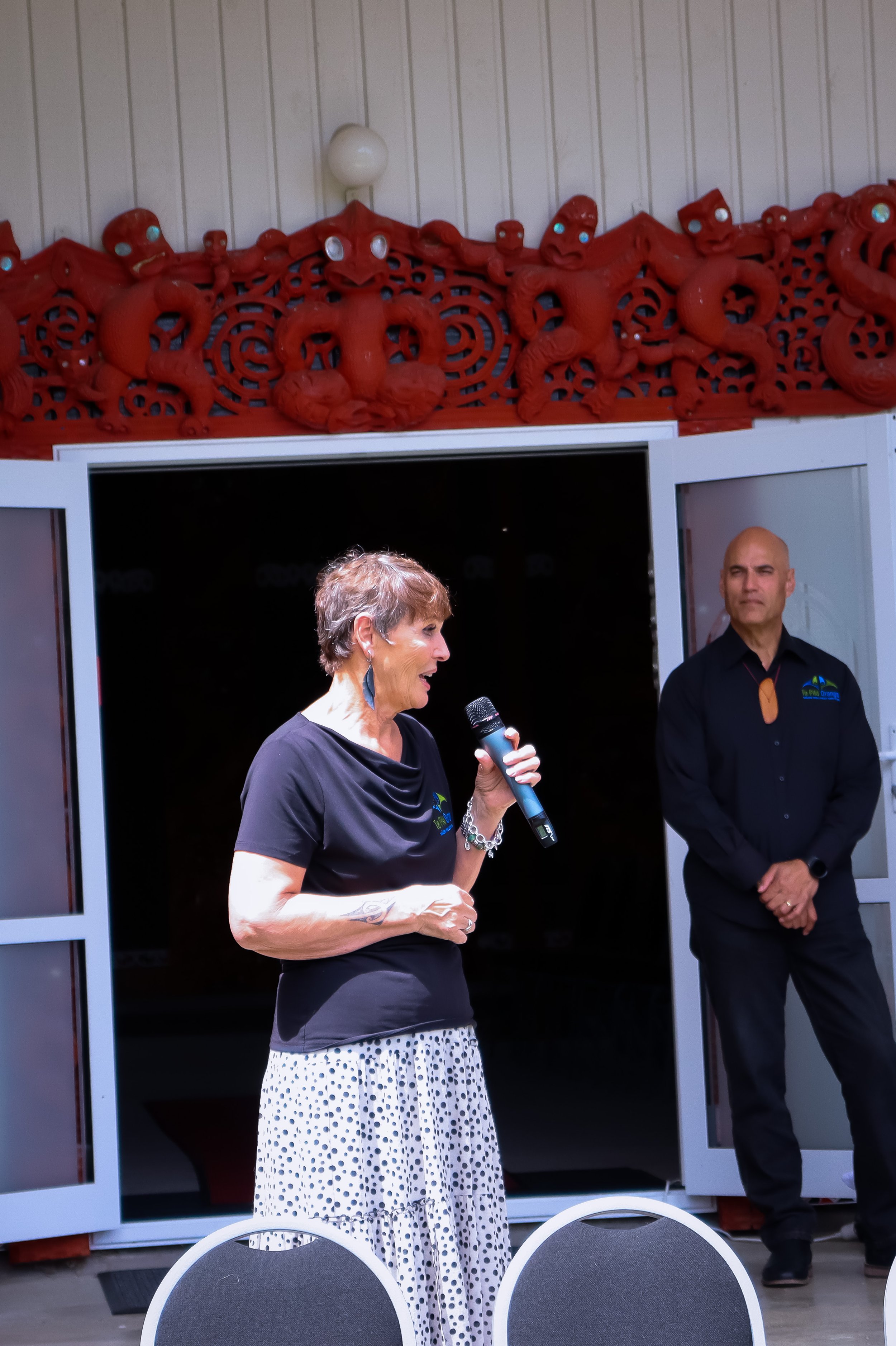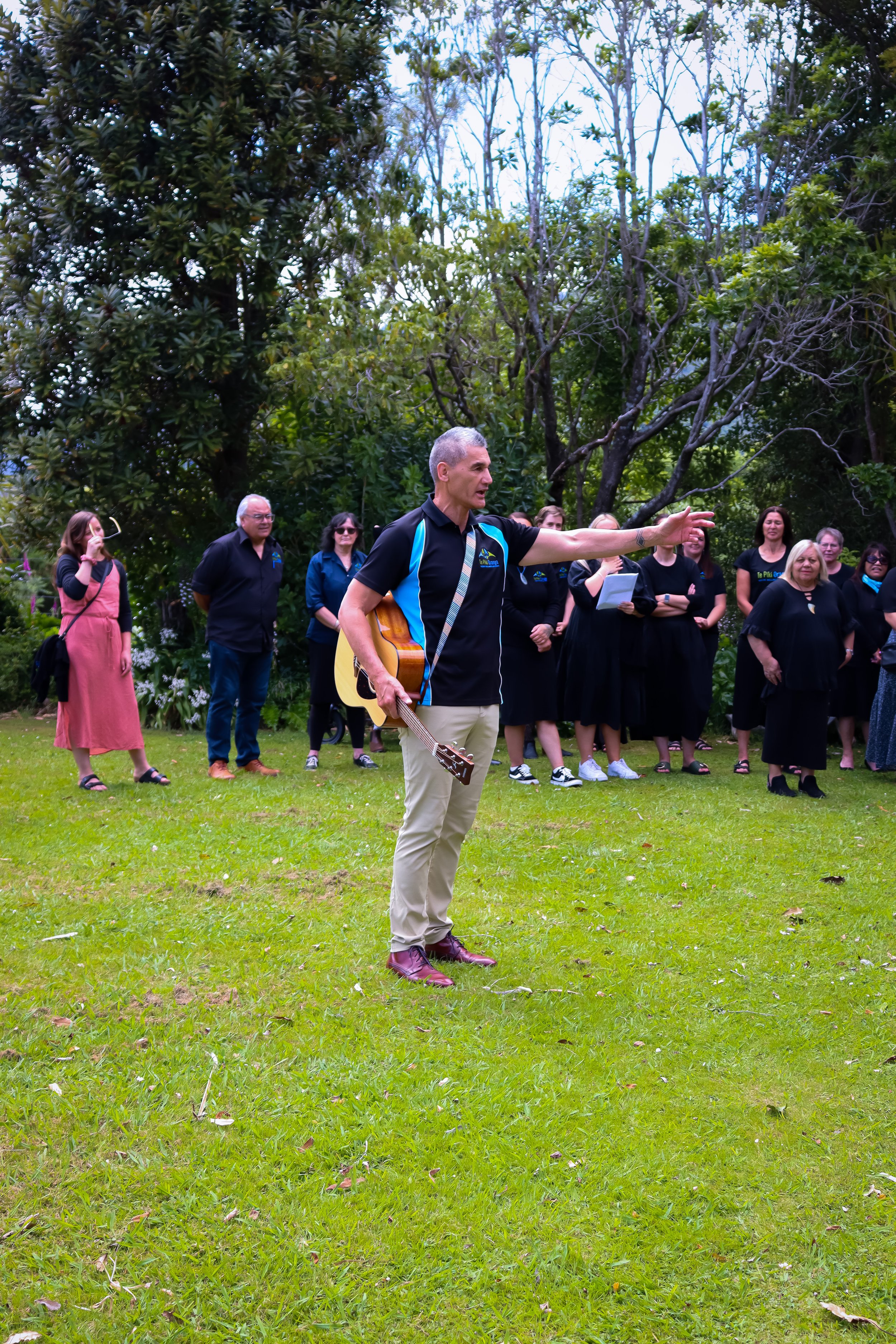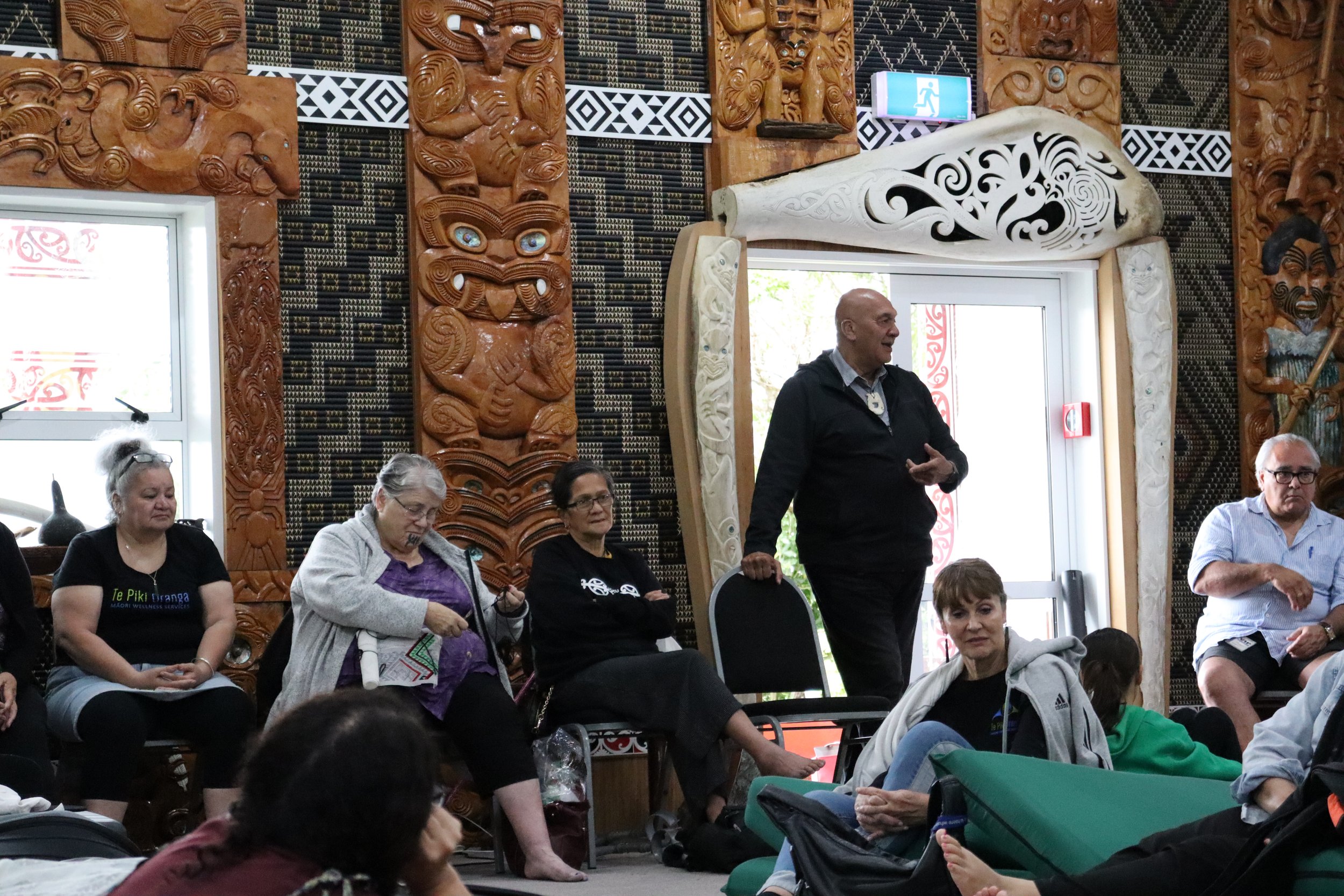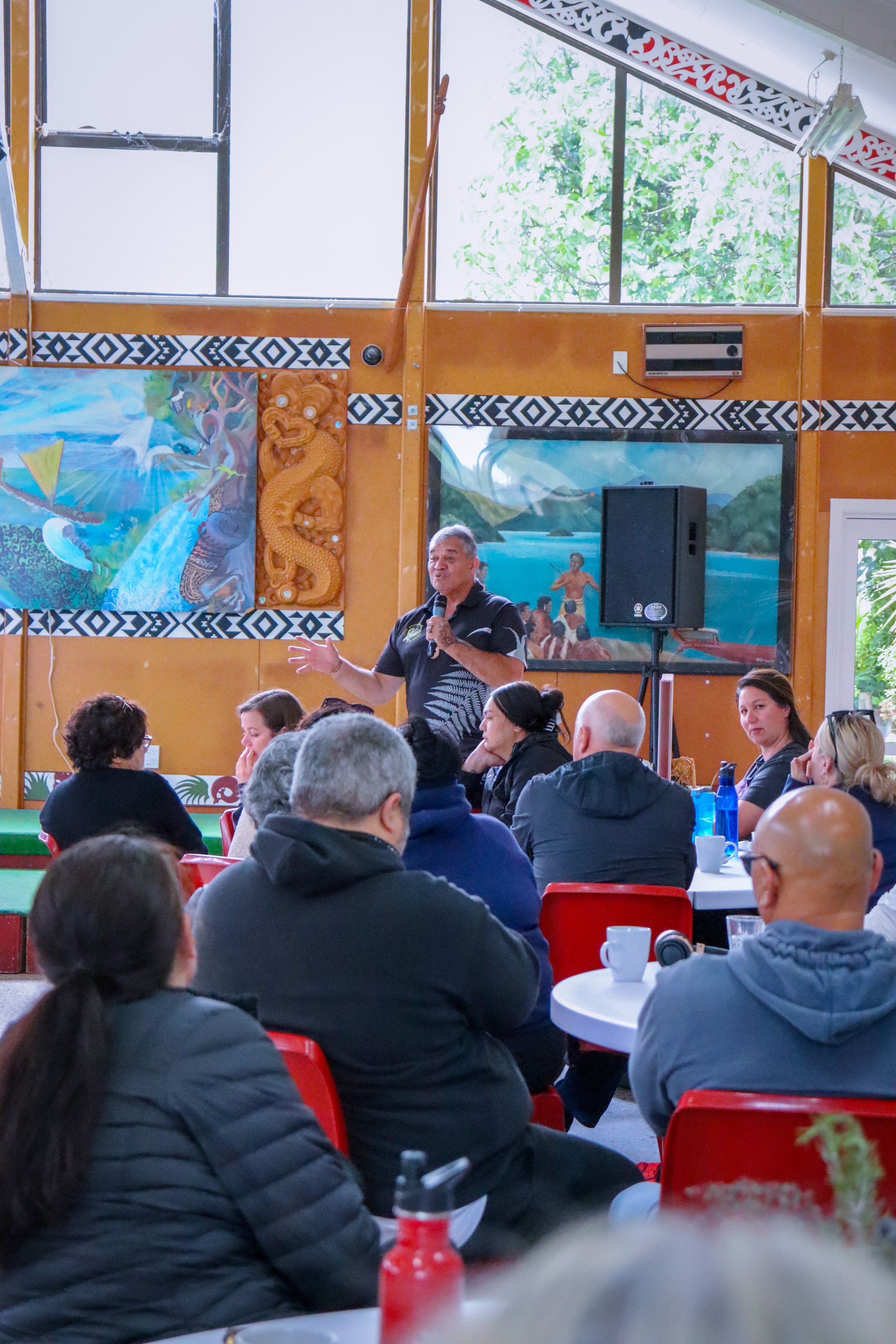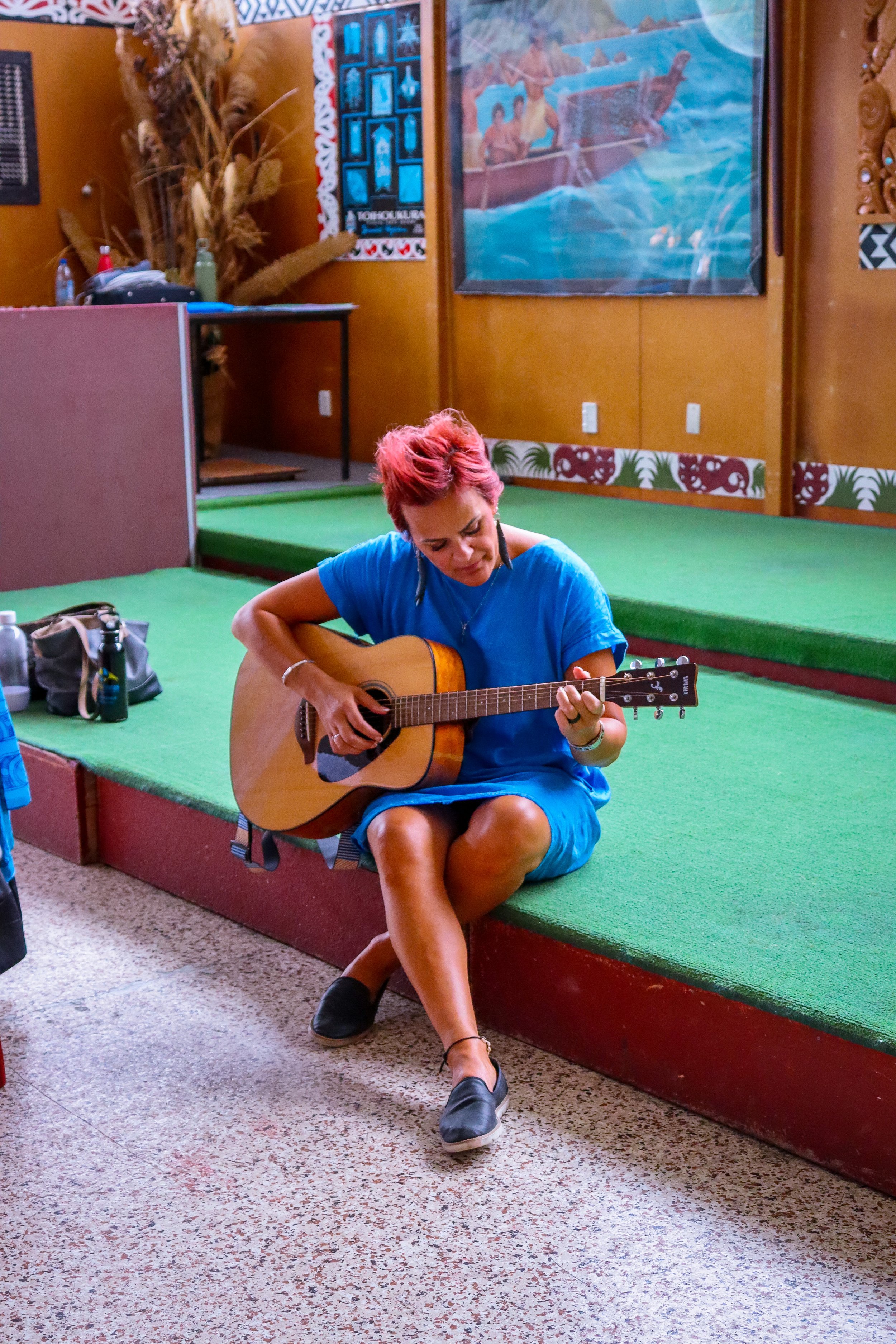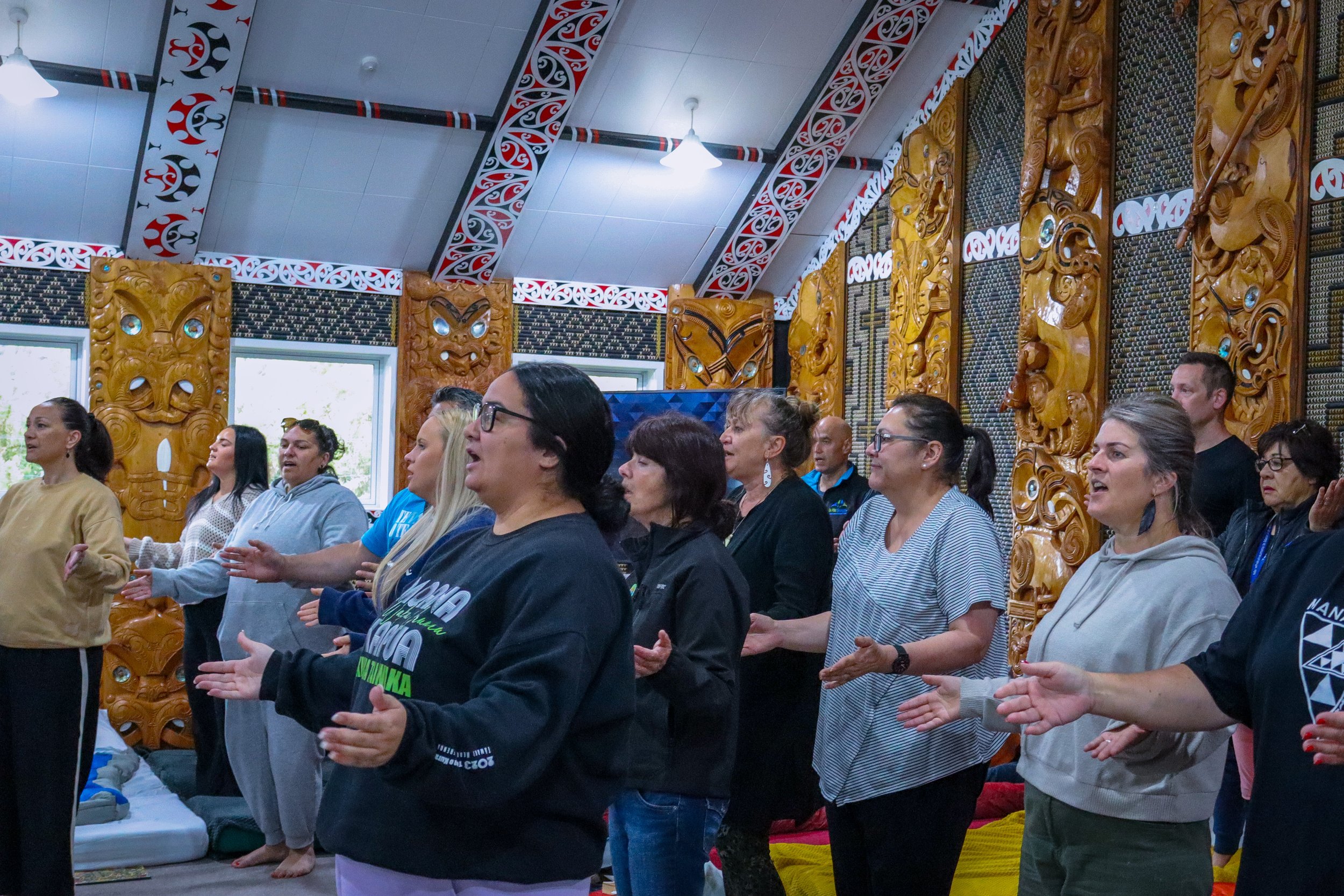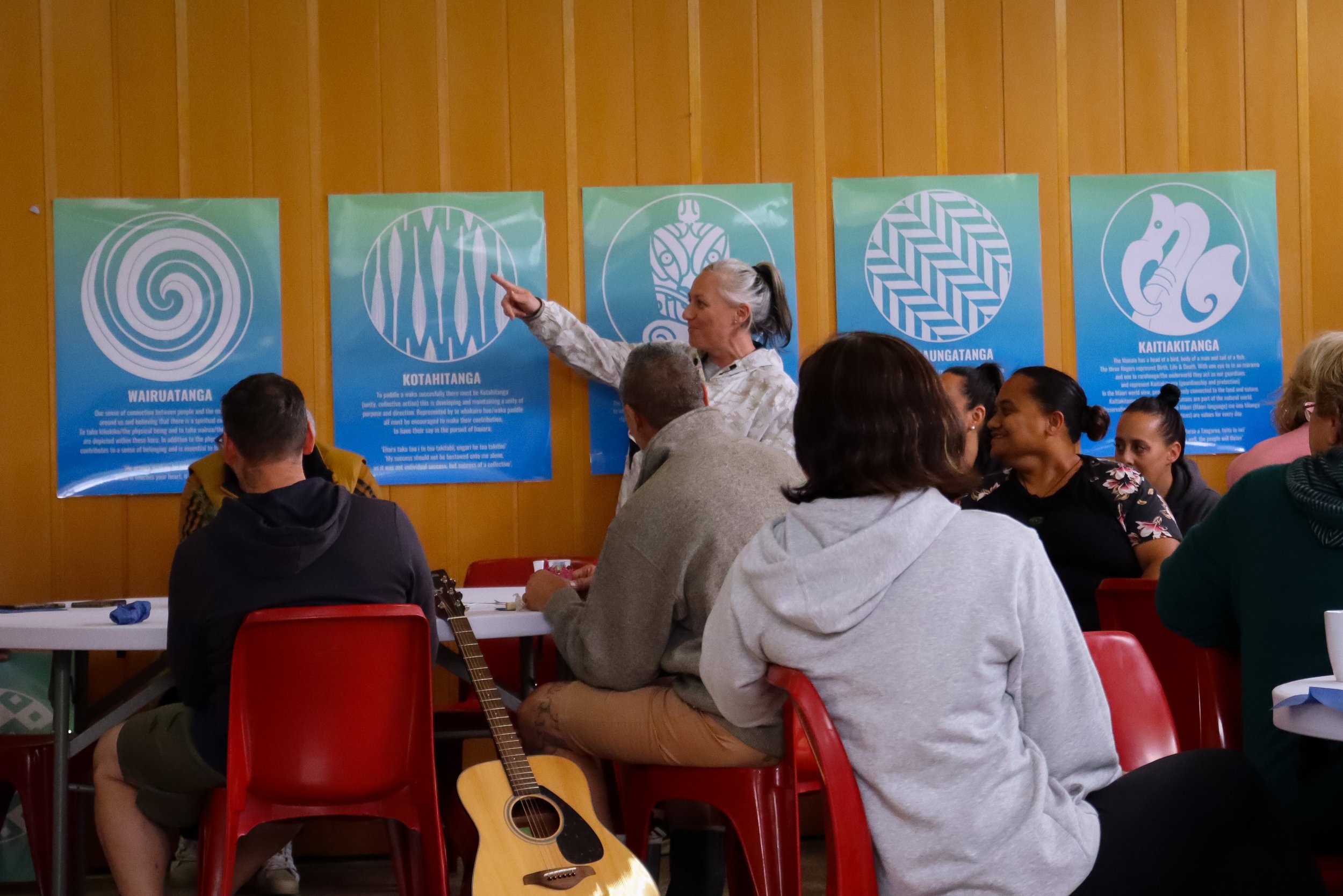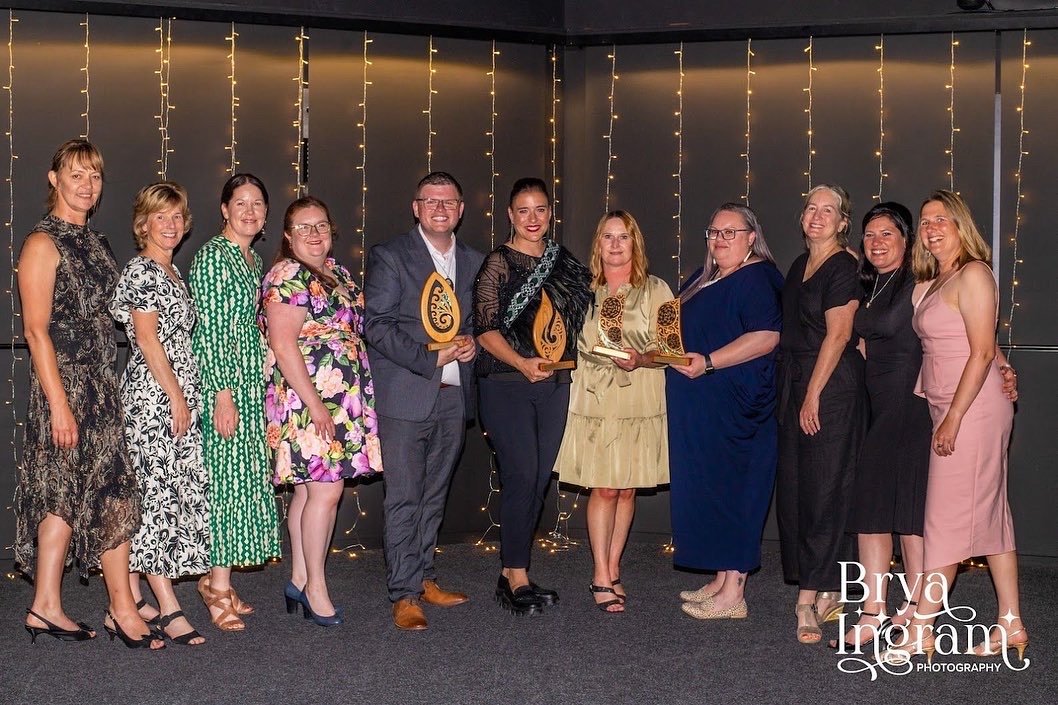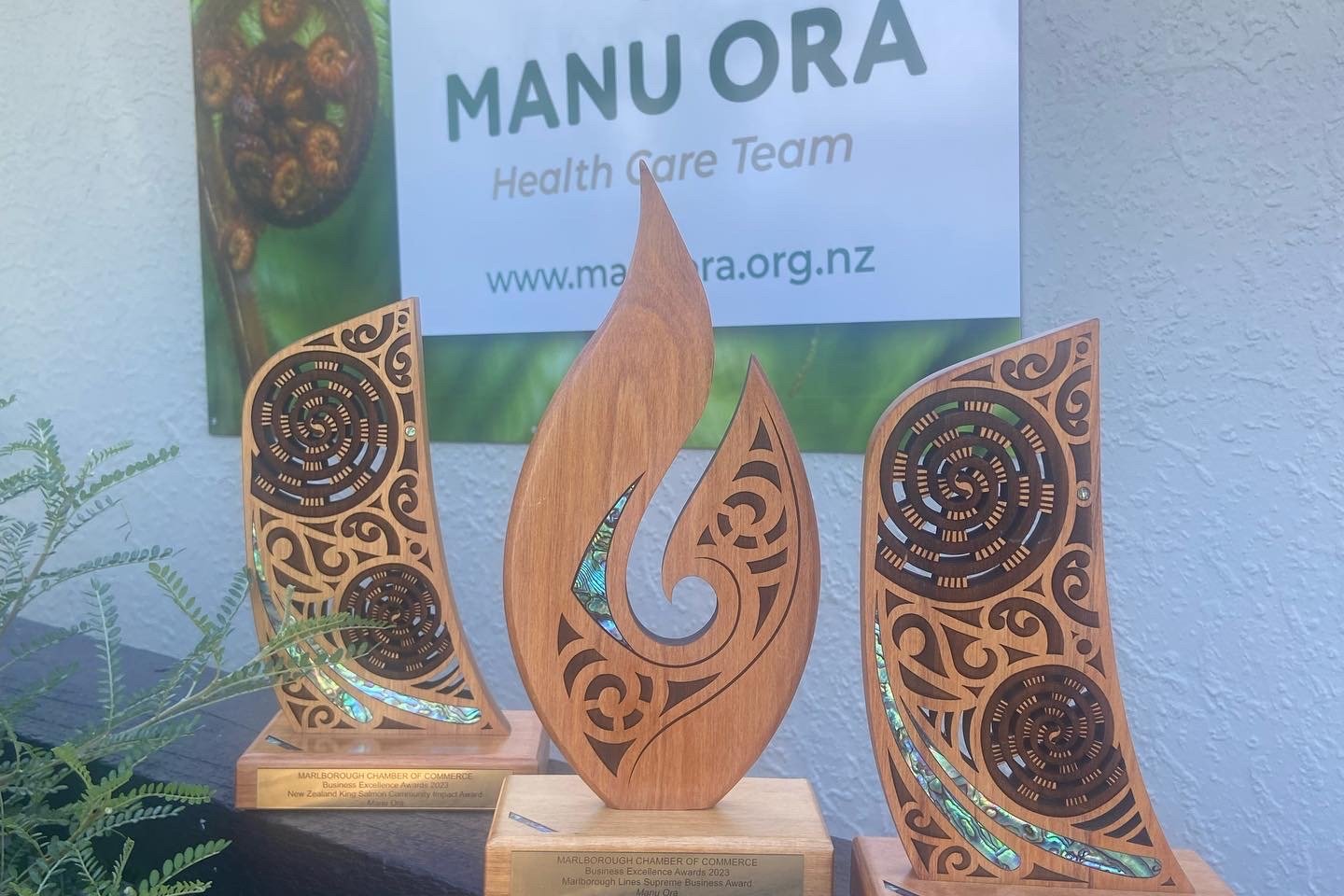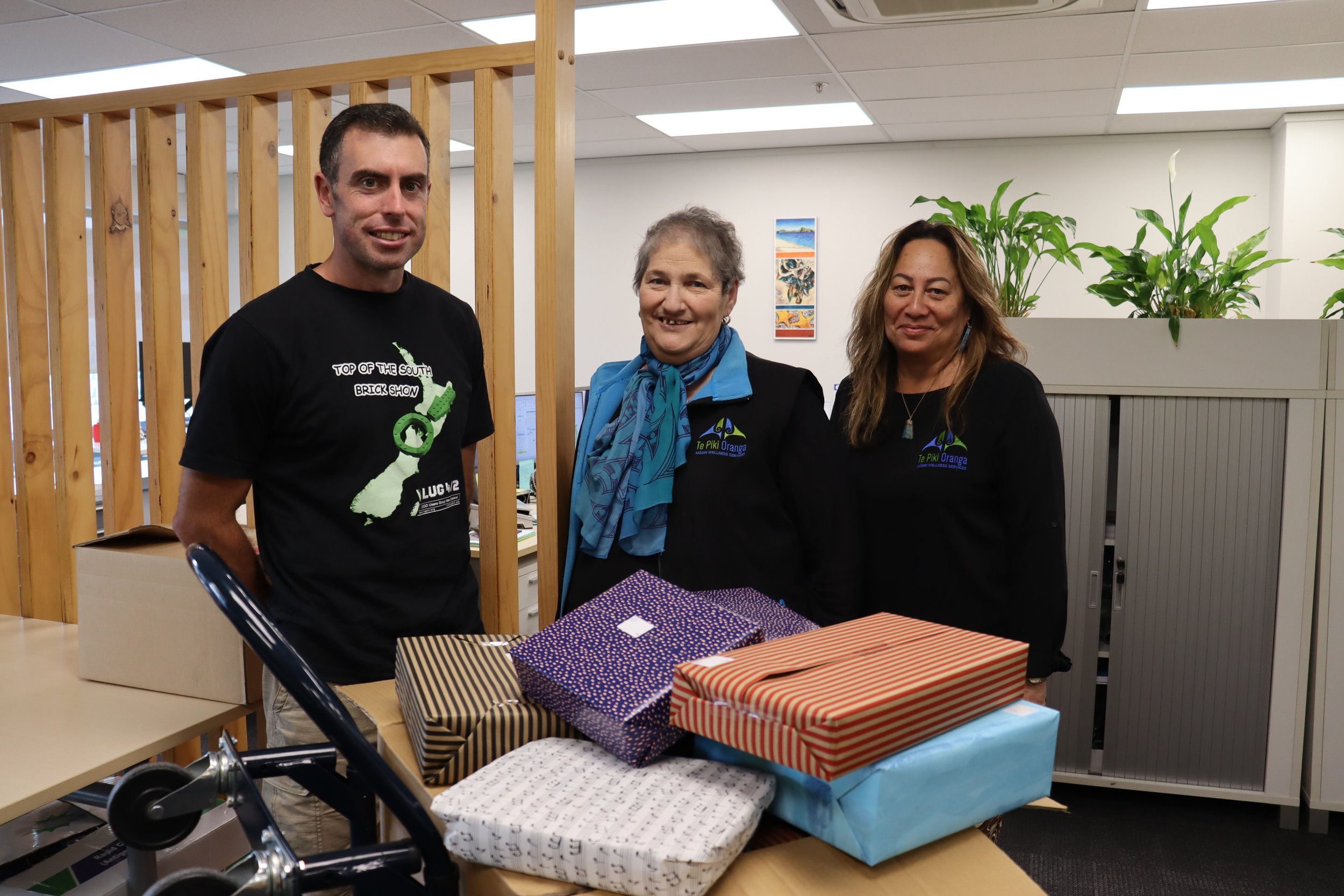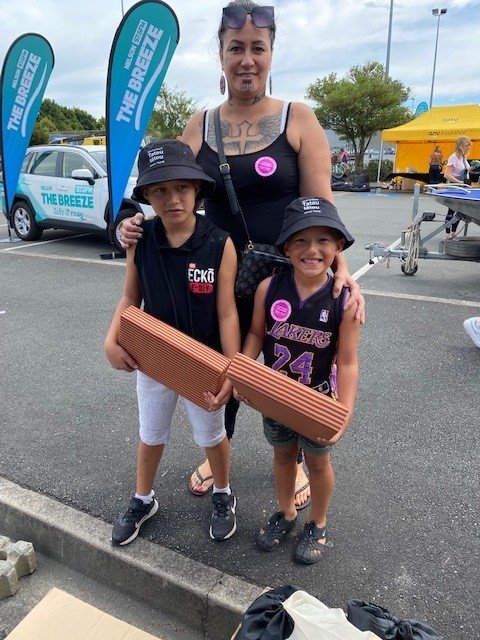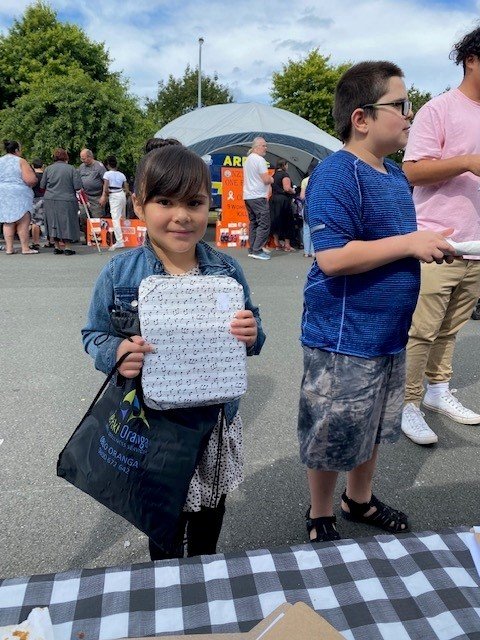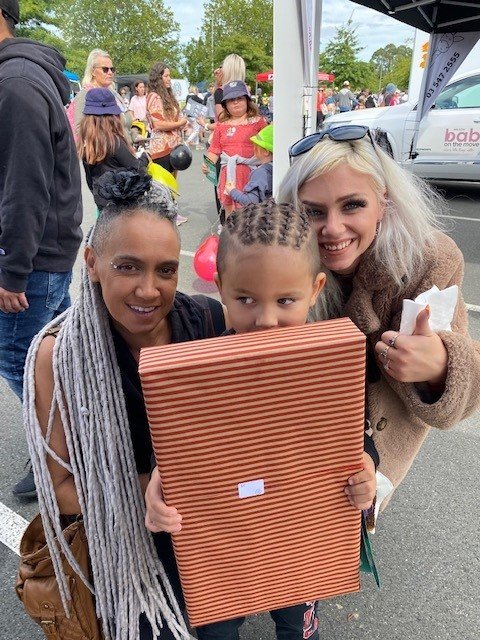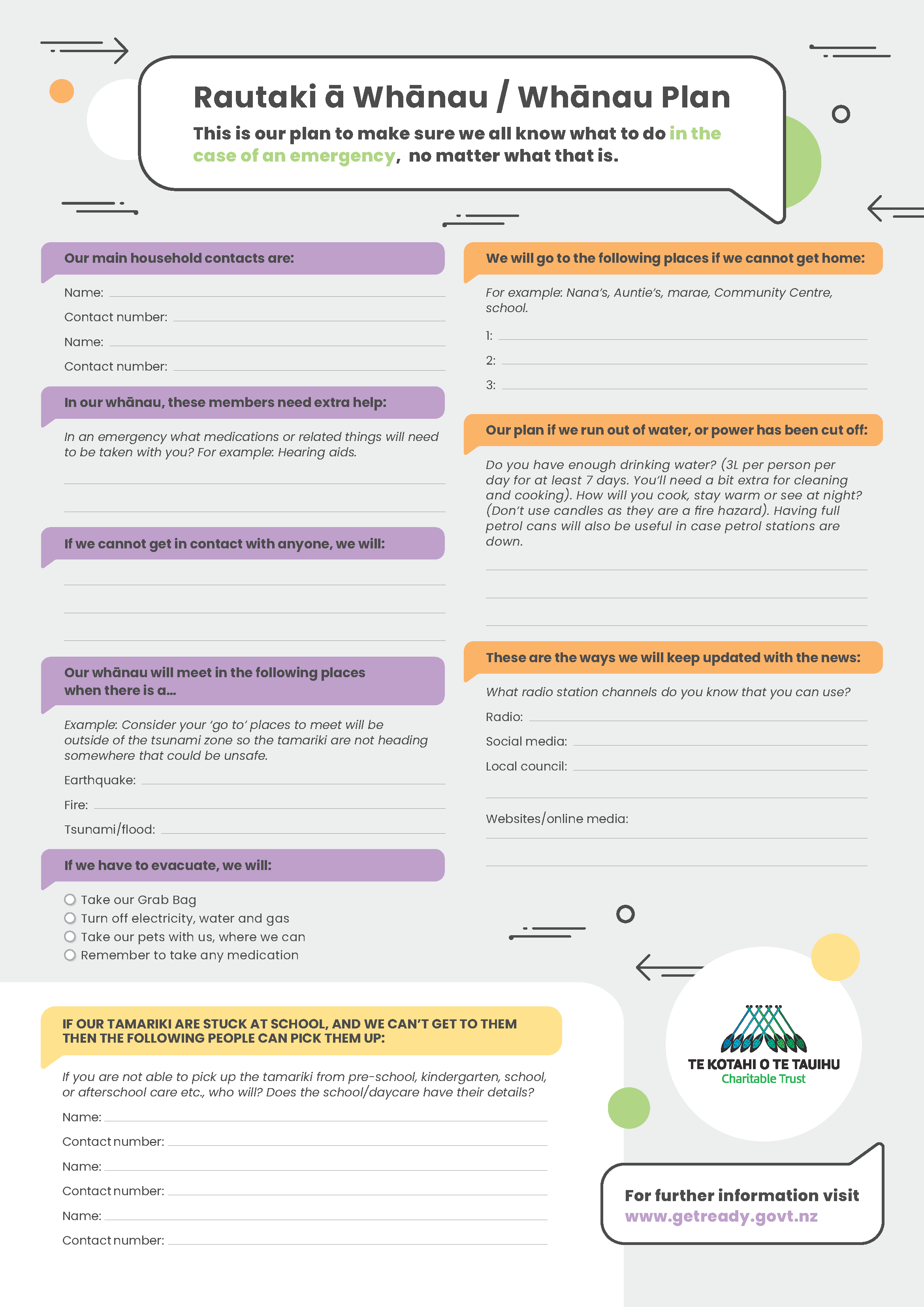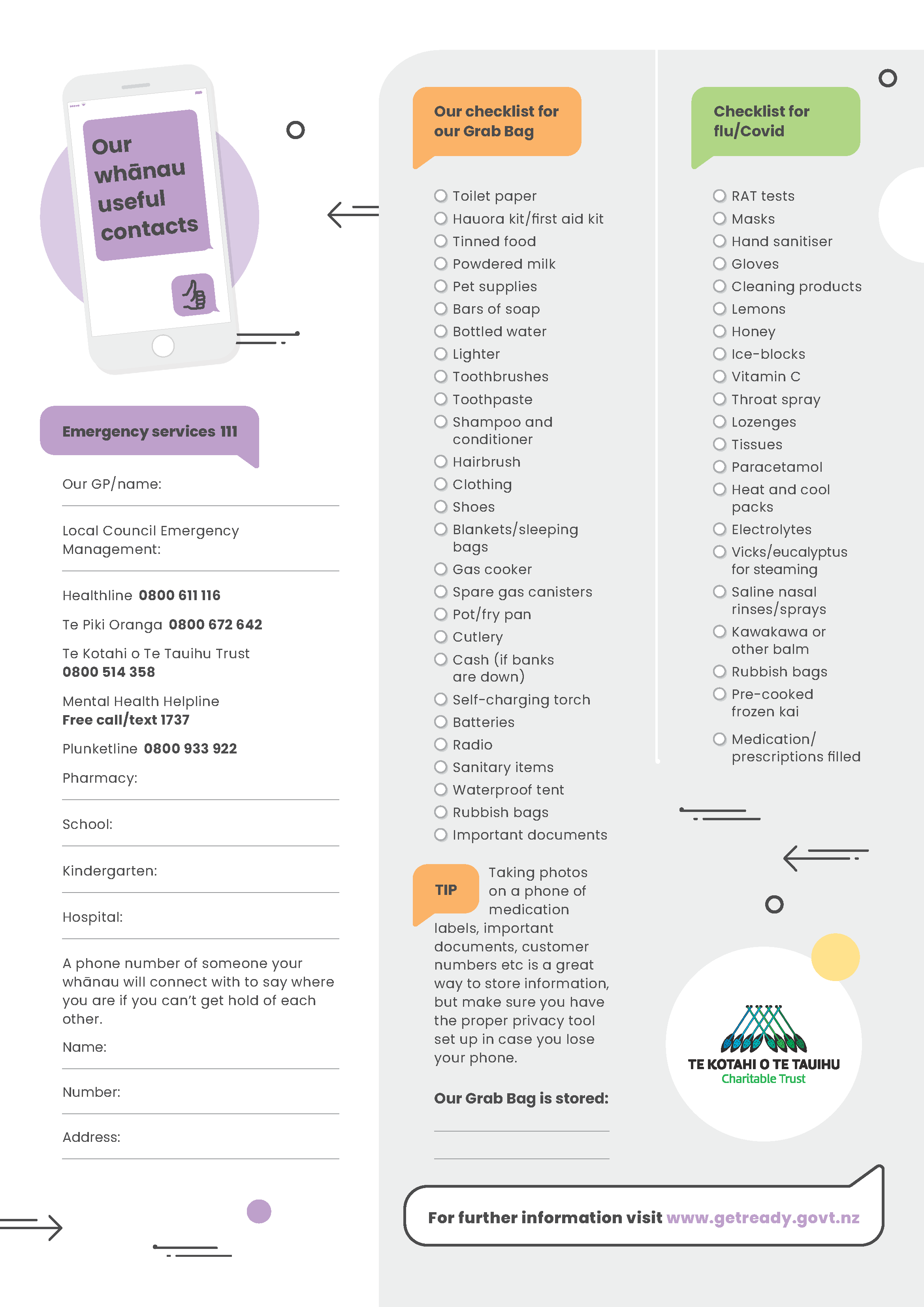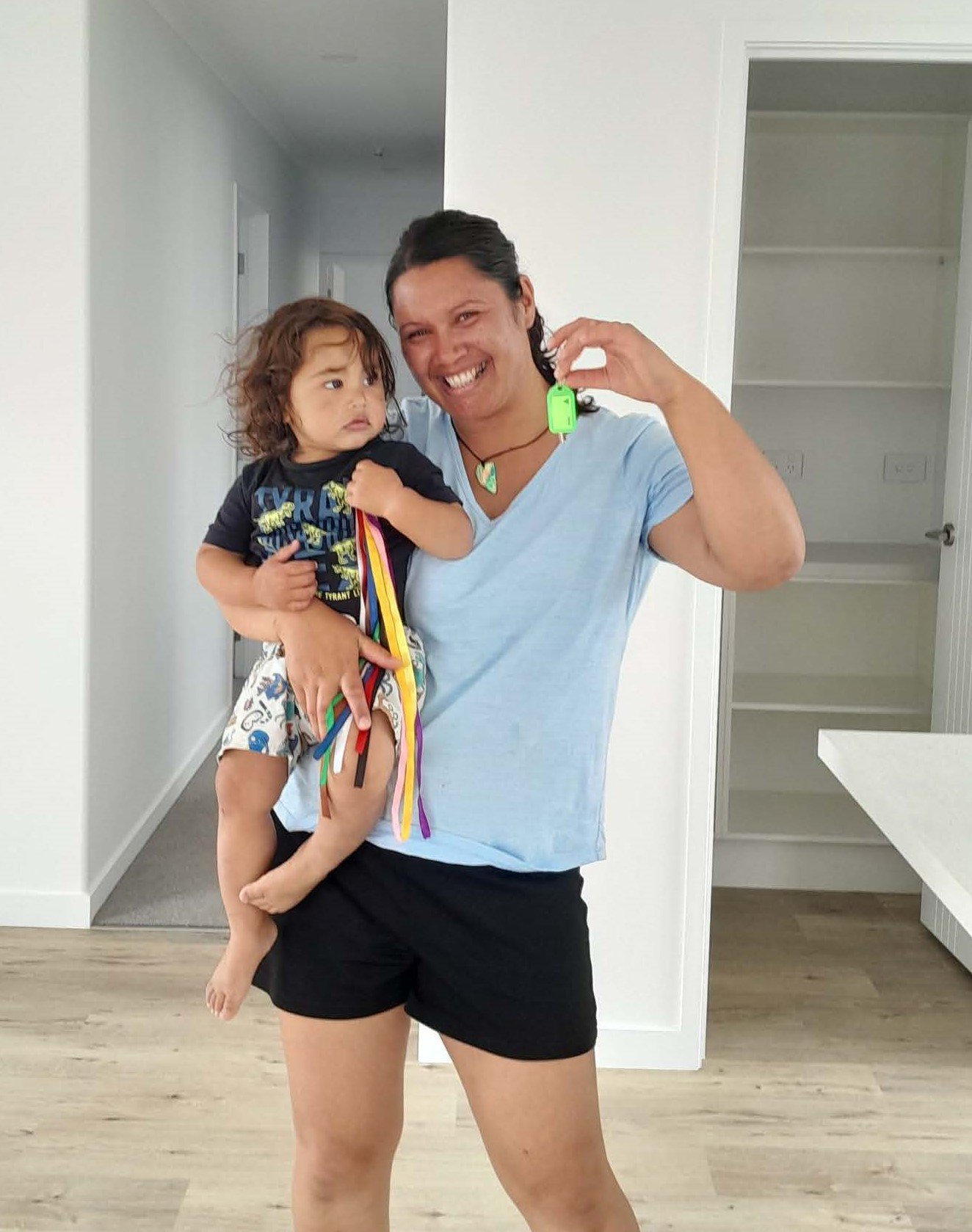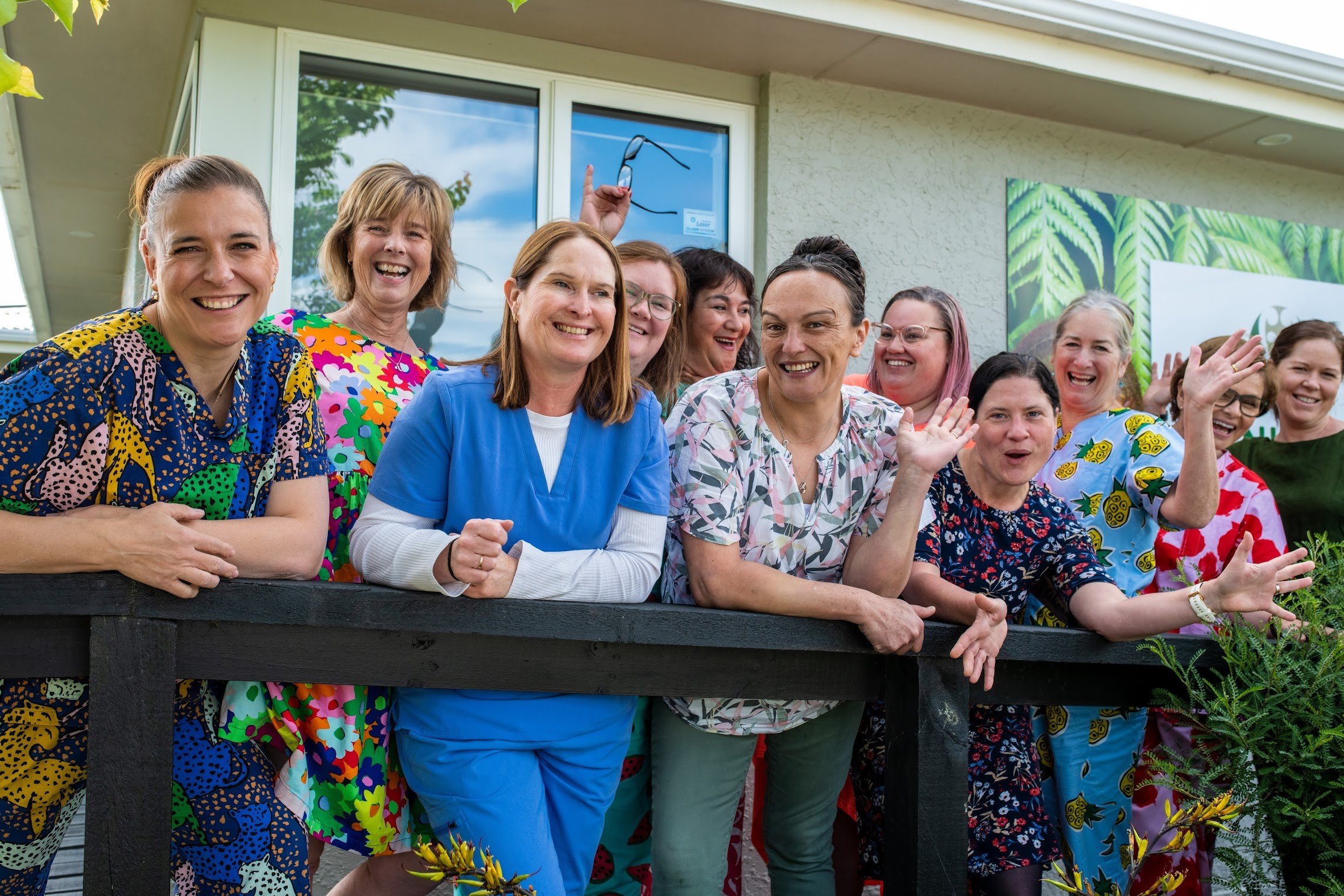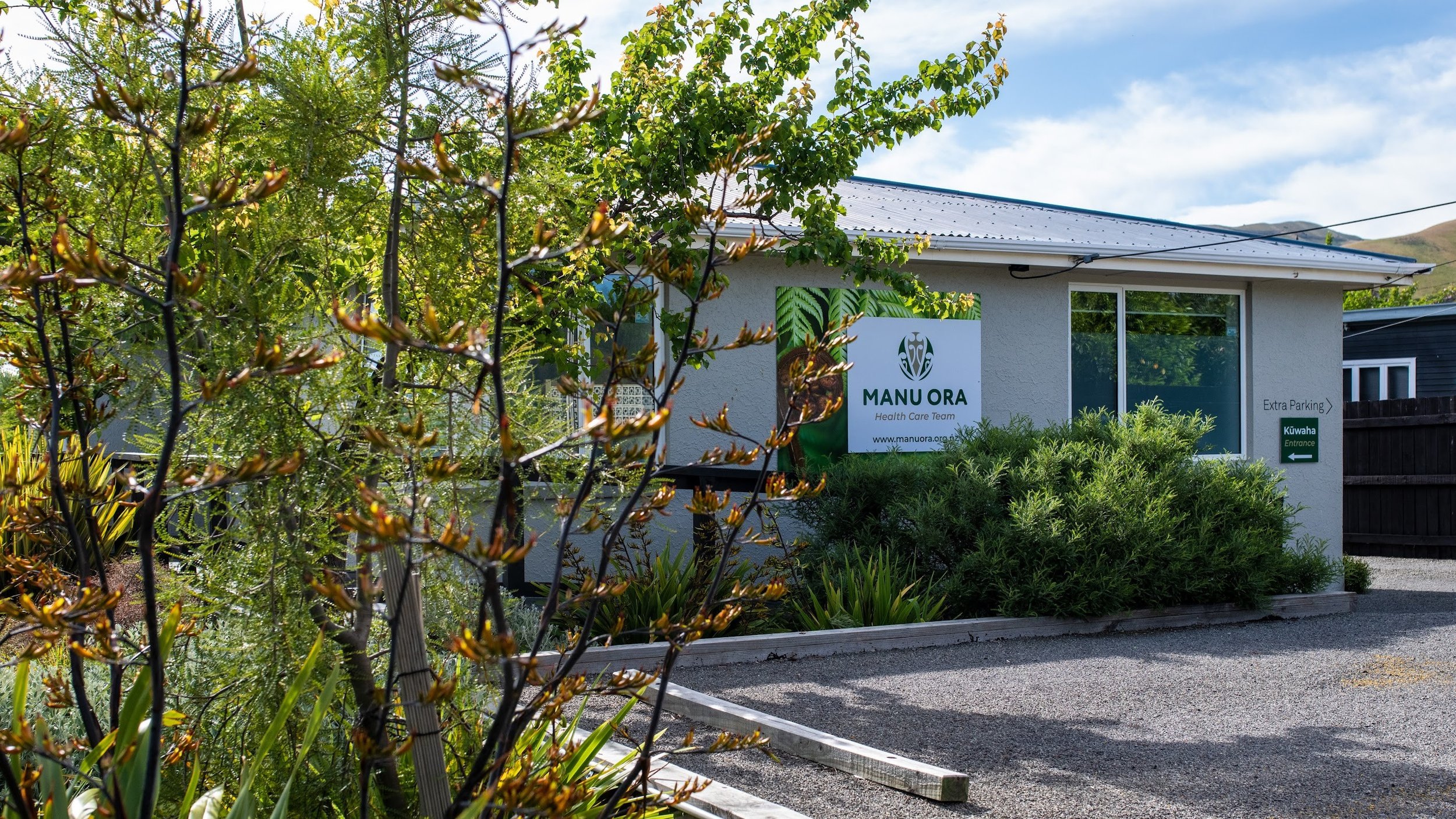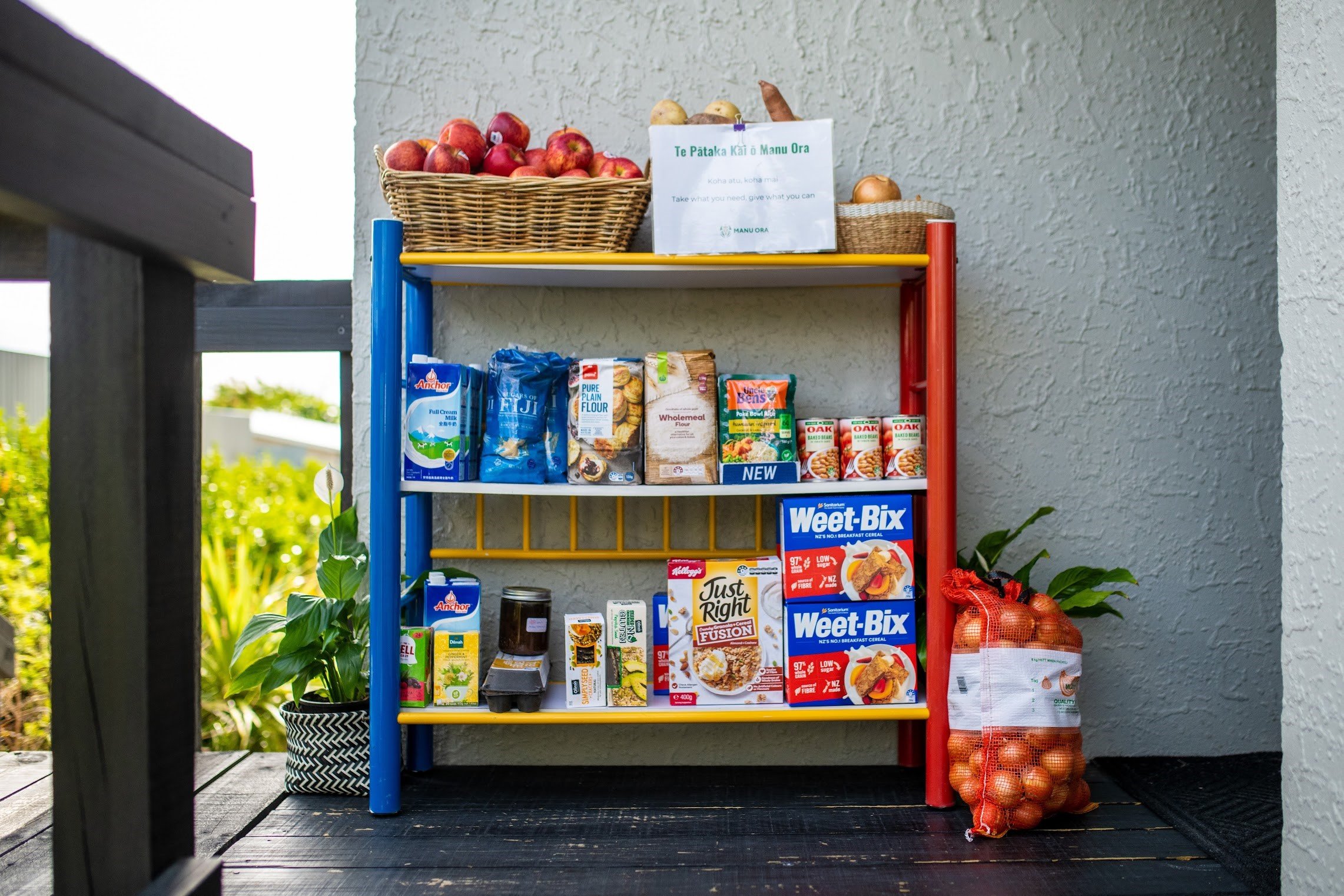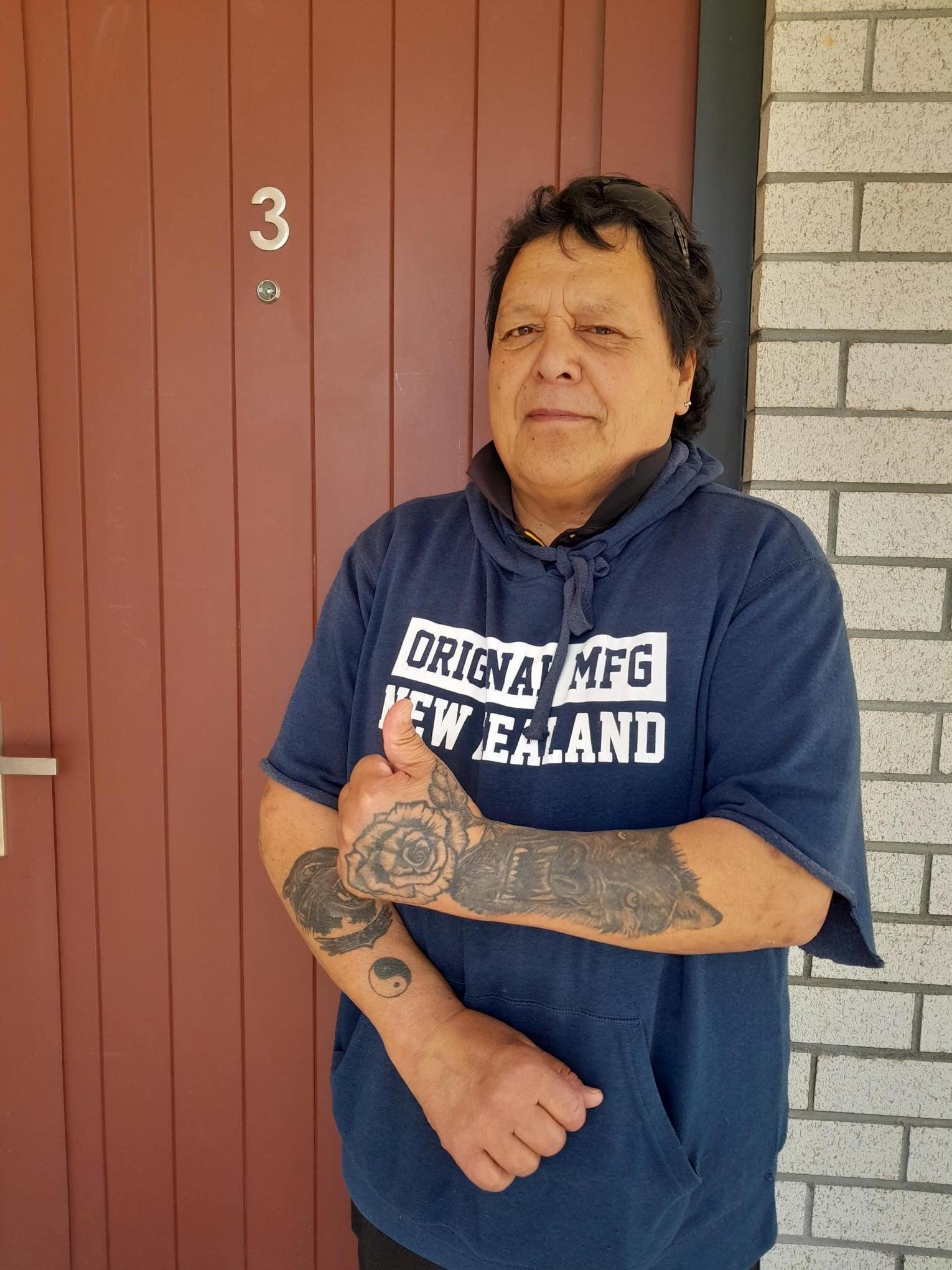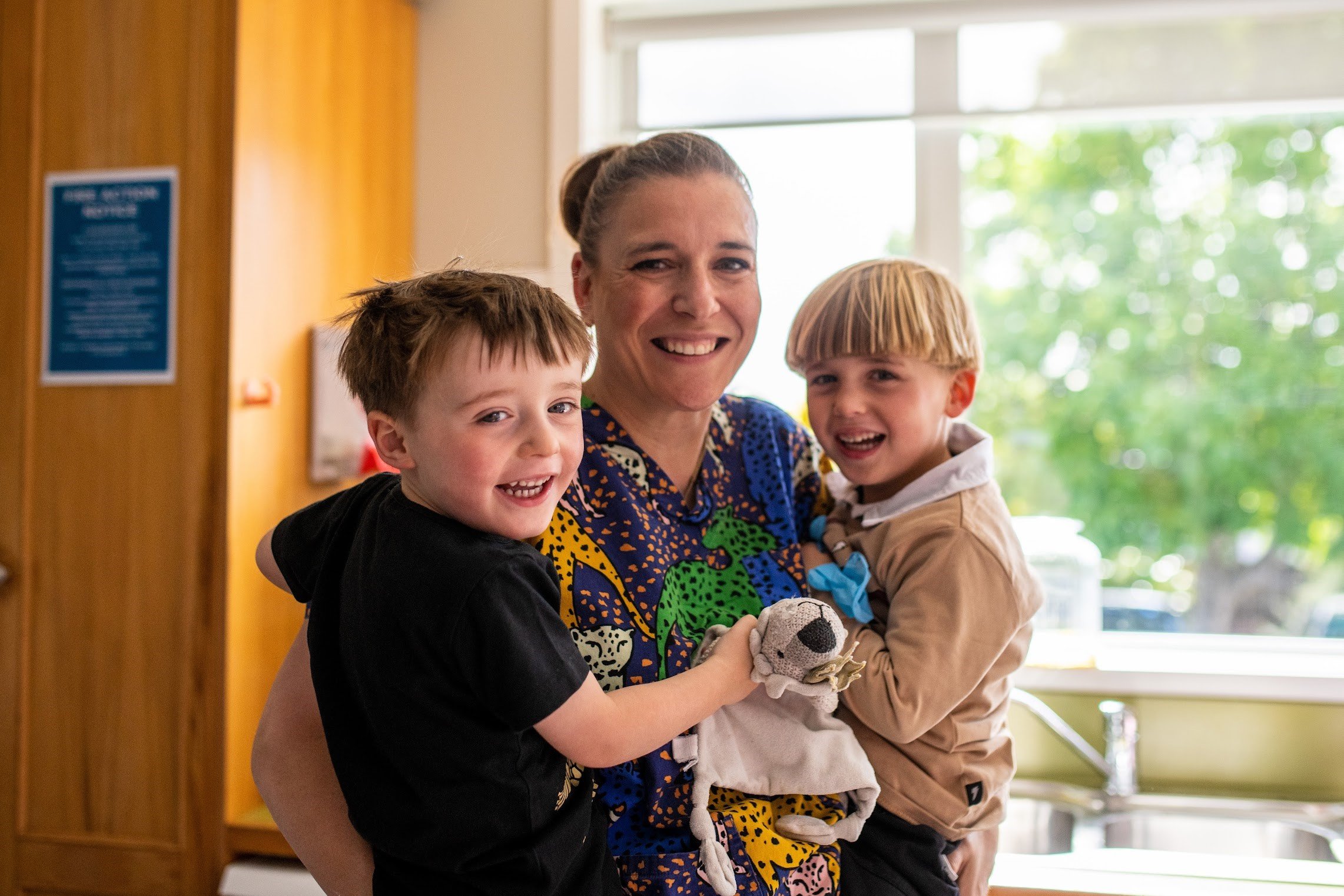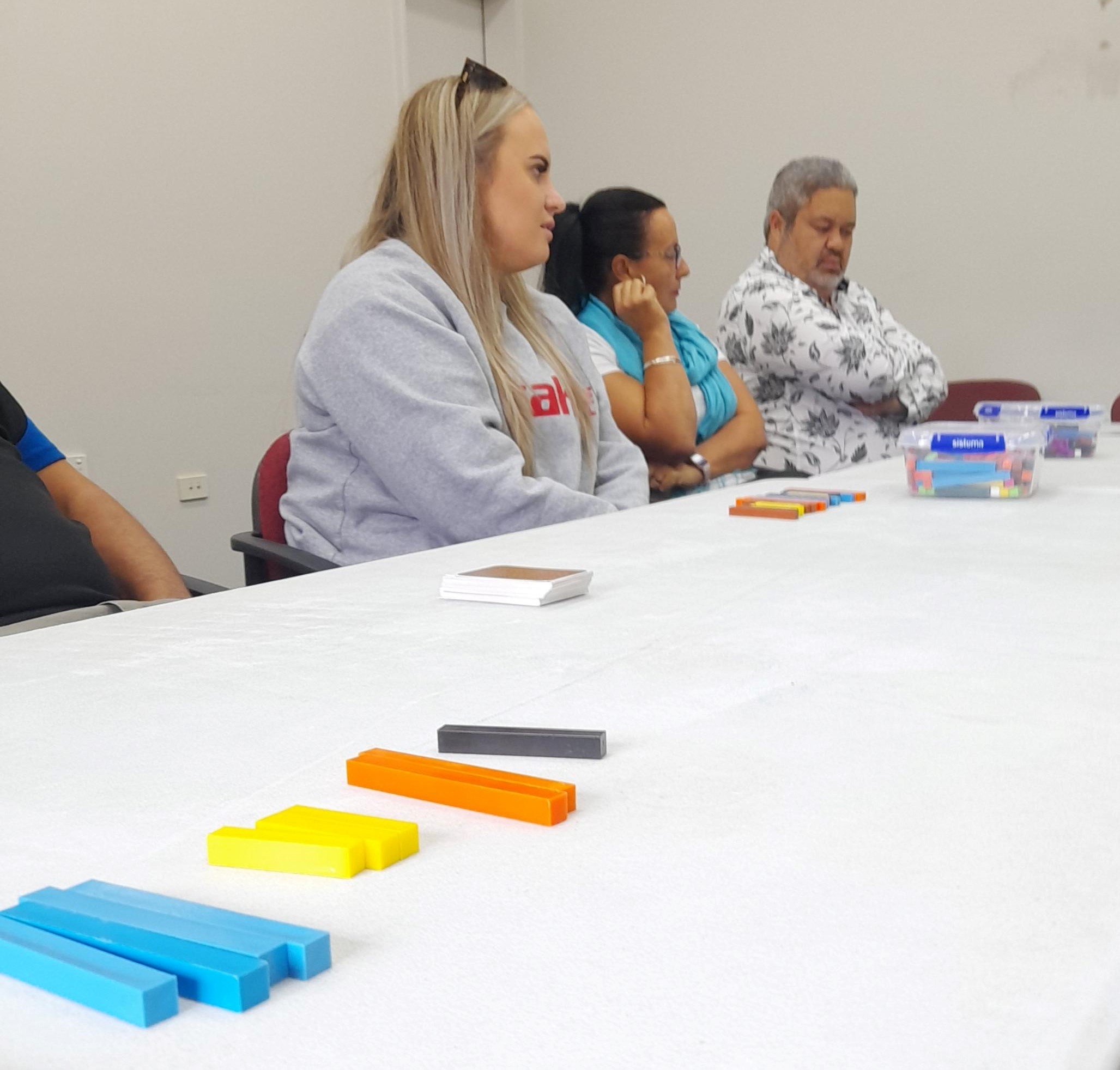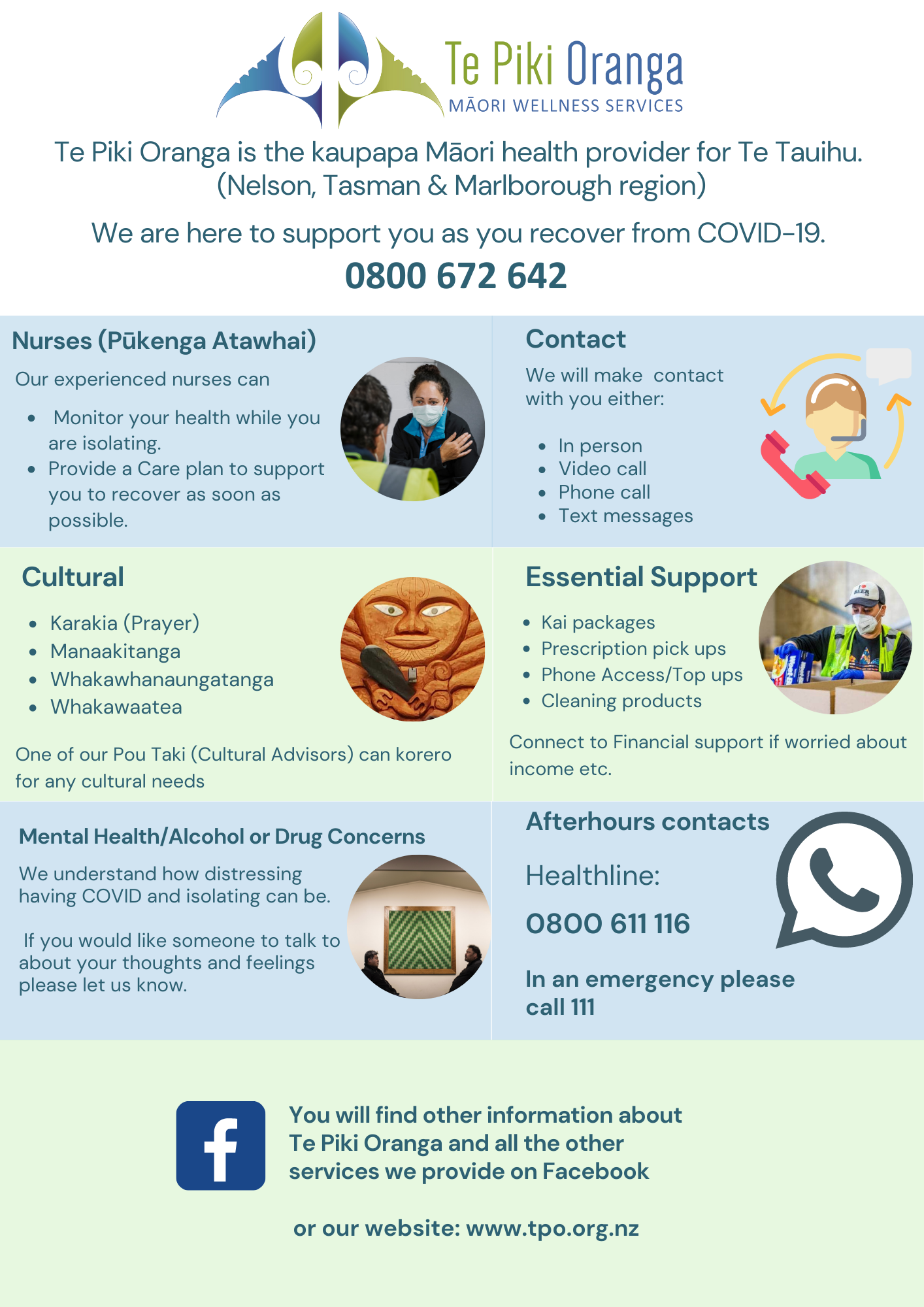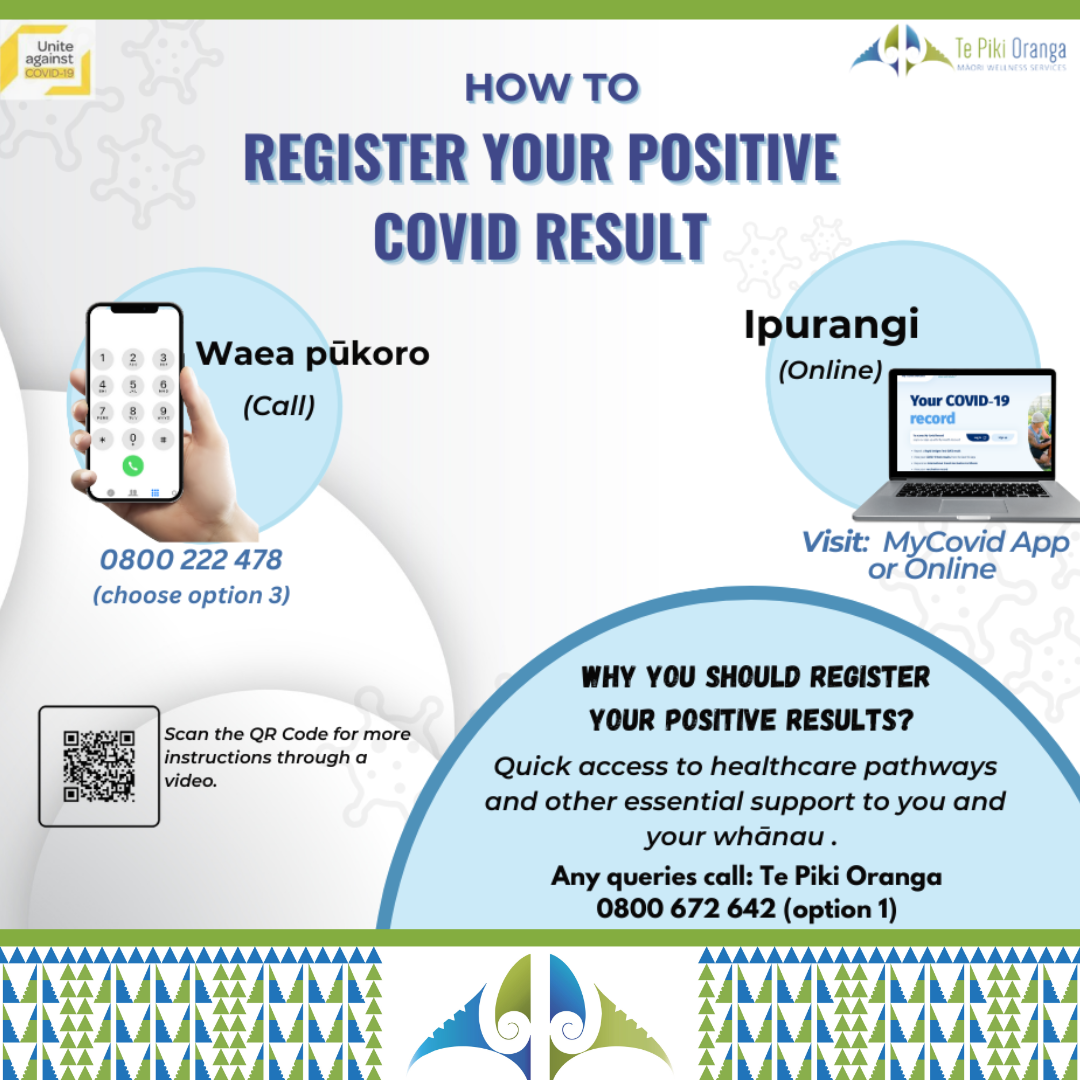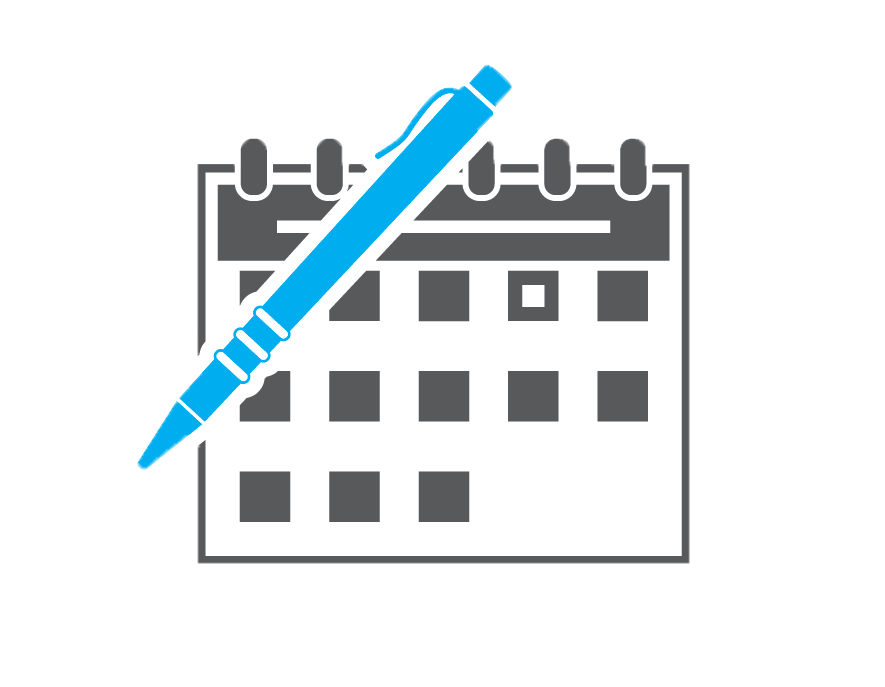This is a message from Tumuaki Anne Hobby, in the April issue of Te Puna Pānui.
In this issue, I would like to acknowledge the rapid pace of change and announcements from the new coalition government in its first few months.
In particular I’d like to mihi to Riana Manuel and Tipa Mahuta, chief executive and chair of Te Aka Whai Ora (Māori Health Authority) respectively, for their leadership following the announcement that Te Aka Whai Ora will be disestablished by 30 June.
In her message to Aotearoa New Zealand, Tipa Mahuta reminded us of the unwavering force behind Te Aka Whai Ora – the “the self-determination of whānau, hapū and iwi, and the advocacy of rangatira and Māori leaders”.
In her message to organisations such as Te Piki Oranga, Riana Manuel said, “I know you’ll remain steadfast in your commitment to providing quality care to whānau, regardless of the changes ahead, and you’ll continue to deliver outstanding services for our communities.”
This is my message to you also – Te Piki Oranga remains steadfast in its mahi, with the funding, support and partnership we need to achieve our kitenga: Me whakahaumanu te mana o te whānau, ā ka haere whakamua – to restore whānau health for a positive future.
Our mahi continues, unwaveringly, while Te Aka Whai Ora moves its functions and kaimahi into Health New Zealand / Te Whatu Ora and the Ministry of Health / Manatū Hauora. We will draw strength from the tūāpapa (foundation) of our 10 years of service, partnership and ngā uara, our values. And we have the guiding light of our Mahere Rautaki / Strategic Plan 2023-2028. Whānau are at the centre of this plan, because we want to support the development of healthy, strong and self-sufficient whānau, and support access to cultural knowledge that unites us as Māori.
This year we will continue to grow our range of services and support. At the same time, we will continue to grow our own cultural capabilities, so we can provide culturally appropriate services and increase kotahitanga across our organisation. Having worked in hauora Māori long enough to have experienced many iterations of government and public services, I take heart from the whakataukī ‘Kia whakatōmuri te haere whakamua‘. Translated, this means, ‘I walk backwards into the future with my eyes fixed on my past.’
As a final note, we have included a readership survey in this issue of Te Puna Pānui. Please take the time to give us your feedback – it is important to us.
Nāku noa, nā
Anne Hobby, Tumuaki




